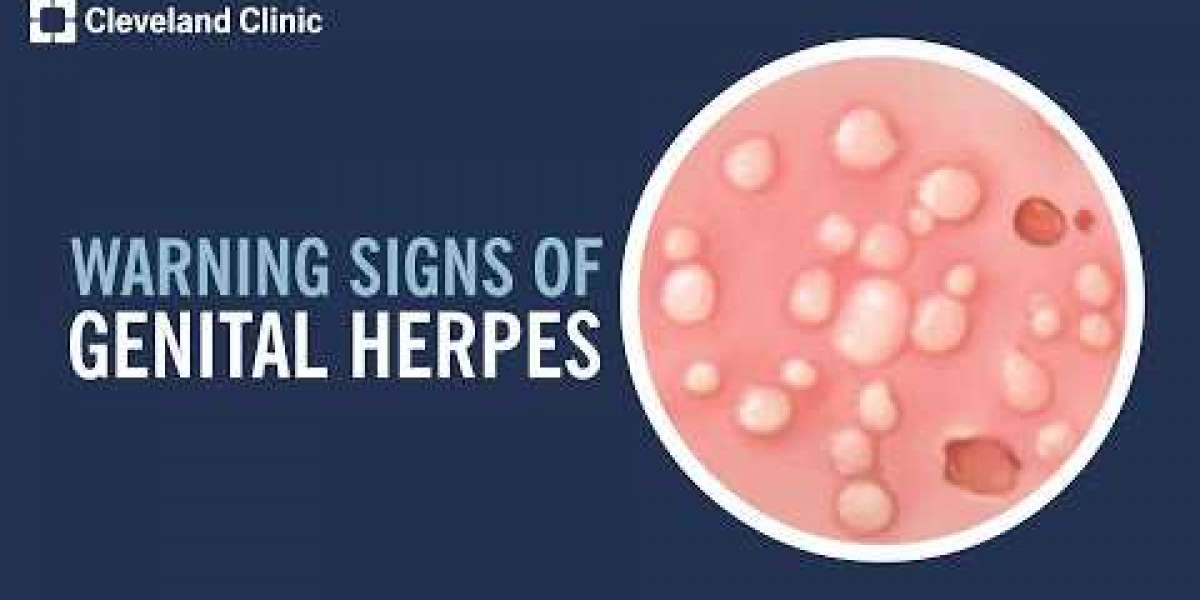Introduction:
Genital herpes is a prevalent sexually transmitted infection that has significant physical and emotional impacts on those affected. While a cure for HSV-2 remains elusive, medical advancements have provided several strategies to manage symptoms and improve the quality of life for individuals with the virus.
Understanding HSV-2 what is HSV-2?
HSV2 genital herpes is a virus that primarily causes genital herpes. It is transmitted through sexual contact and can affect both men and women. The virus manifests as painful sores or blisters in the genital and anal areas, causing discomfort and distress.
Genital herpes, caused by the herpes simplex virus type 2 (HSV-2), is a common sexually transmitted infection that affects millions of people worldwide. While there is currently no known cure for genital herpes, there are various treatment options available to manage and alleviate its symptoms. In this article, we'll delve into the specifics of HSV-2, explore potential treatment methods, and provide insight into living with this condition.
How is it transmitted?
Genital herpes is primarily spread through direct skin-to-skin contact with an infected person during sexual activity. It can also be transmitted through oral-genital contact, leading to oral herpes. Using barrier methods like condoms and dental dams can significantly reduce the risk of transmission.
Common symptoms:
Symptoms of genital herpes can vary, but often include painful sores, itching, and flu-like symptoms during the initial outbreak. Subsequent outbreaks may be less severe and shorter in duration.
Diagnosis:
Diagnosing genital herpes involves a combination of medical examination and laboratory tests. A healthcare provider will examine the affected area and may perform tests such as viral cultures or polymerase chain reaction (PCR) tests to confirm the presence of the virus.
Treatment Options Antiviral medications:
Antiviral medications such as acyclovir, valacyclovir, and famciclovir are commonly prescribed to manage genital herpes. These medications can help reduce the severity and duration of outbreaks, as well as decrease the likelihood of transmission.
Pain management:
Over-the-counter pain relievers and topical creams can provide relief from the discomfort associated with hsv2 genital herpes outbreaks. Keeping the affected area clean and dry is also important for preventing further irritation.
Lifestyle adjustments:
Stress, poor diet, and lack of sleep can trigger herpes outbreaks. Adopting a healthy lifestyle, managing stress, and getting adequate rest can help minimize the frequency of outbreaks.
Natural Remedies Aloe vera
Aloe vera gel has soothing properties that can alleviate the discomfort caused by genital herpes sores. Applying aloe vera gel to the affected area may promote healing and reduce itching.
Echinacea:
Echinacea is an herbal remedy that is believed to boost the immune system and reduce the frequency of herpes outbreaks. However, more research is needed to confirm its effectiveness.
Lysine supplements:
Lysine is an amino acid that may help suppress the replication of the herpes virus. Some individuals find that taking lysine supplements or consuming lysine-rich foods can reduce the severity of outbreaks.
Preventing Transmission Safe sexual practices:
Practicing safe sex, including consistent and correct condom use, can significantly reduce the risk of transmitting genital herpes cure to a partner. It's important to have open and honest conversations about STIs with sexual partners.
Disclosure and communication:
Informing potential sexual partners about your herpes status is crucial for their informed consent. Discussing precautions and managing risks together can help prevent transmission.
Living with Genital Herpes Psychological impact:
Receiving a genital herpes diagnosis can lead to feelings of shame, anxiety, and depression. Seeking support from friends, family, or mental health professionals can help individuals cope with the emotional challenges.
Support networks:
Joining support groups or online communities for people with genital herpes can provide a sense of belonging and a platform to share experiences and advice.
Genital Herpes Myths Misconceptions about the condition:
There are several myths and stigmas associated with genital herpes. Some individuals mistakenly believe that it's a rare or untreatable condition, leading to misinformation and fear.
Dispelling the myths:
Educational efforts and open conversations are essential for dispelling myths about genital herpes. Raising awareness can promote understanding and reduce the social stigma surrounding the condition.
Promising Research Ongoing studies:
Researchers are actively exploring potential treatments and vaccines for genital herpes. Ongoing studies aim to better understand the virus and develop more effective interventions.
Potential breakthroughs:
Recent advancements in gene editing and antiviral therapies offer hope for future breakthroughs in treating and possibly curing genital herpes. However, further research and clinical trials are needed to validate these potential solutions.
Conclusion:
Living with genital herpes presents challenges, but medical advancements and ongoing research are providing hope for better treatment options and potentially a cure in the future. In the meantime, understanding the virus, practicing safe sex, and seeking support can help individuals manage the condition and lead fulfilling lives.








